‘The Netherlands is the ideal environment for the international drugs trade’

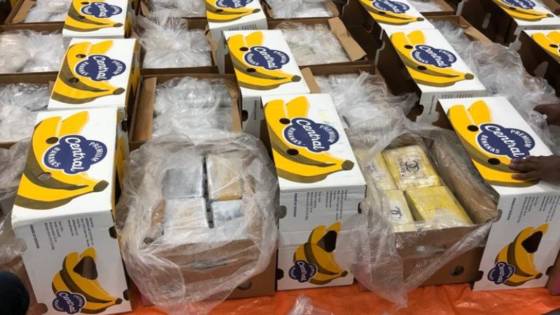
Talk of the Netherlands becoming a ‘narco state’ has been rife in some parts of the Dutch media for some time. A new book claims to unveil the real scale of the problem and suggests a new way forward.
National policy toward illicit drug use is infamously tolerant and seen by many foreign observers as an example for the world. However, the rise of high-profile murders, kidnappings and bombings has revealed a darker side to the country’s approach.
Pieter Tops, a professor at the Dutch Police Academy, has been investigating the criminal underworld for several years along with journalist Jan Tromp. Their research, detailed in a new book Nederland, Drugsland, claims the problem is even more severe than people imagine.
In the absence of any serious international treatment on drugs policy, the Dutch must find a new way to deal with their increasingly dangerous predicament, they argue.
DutchNews.nl spoke to Tops about the book and their ideas for a ‘third way’ approach in the Netherlands.
How did you get into writing this book?
I’m not a criminologist by background. I am a student of public administration and about seven years ago was confronted with research showing the criminal cannabis industry to be turning over €800m a year in my small town alone. Something must have gone wrong in the research, I thought, but it was correct.
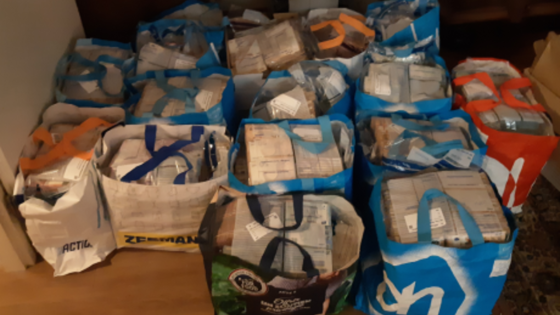
We got information from a man involved in the industry, who was afraid of being killed and therefore wanted to leave the criminal world, so he sought police protection.
I started researching and then three years ago I met Jan Tromp, a journalist, who recently moved to the same province Noord-Brabant. We started investigating together and wrote our first book Achterkant van Nederland.
It was a journey of discovery in a world we didn’t know, it was fascinating and very frightening, and what we found got a lot of public attention.
Why is this problem specific to the Netherlands?
People often wonder why such a small and prosperous country like the Netherlands has become a centre of the criminal trade and production of drugs. It’s the centre for Europe and in some ways the world.
We have three main explanations:
First, all the characteristics and features of our country that make it attractive for legal economic investment also make it attractive for illegal investment. We have strong infrastructure, not just our roads and ports, but our financial and digital infrastructure too.
Second, our penal system. It is meant to counter criminals but, in this country, it attracts them. A 2018 study showed the Netherlands to have the lowest sentences for drugs offences. Some criminals we’ve spoken to say this is a major attraction, often without us asking.
Third, the tolerance built up towards drugs after the 1960s has had a big impact on our policies – the polarising gedoogbeleid that allows consumption but not production, for example. We had pressure from other countries to change this; Sweden in 1970s, France in the 1990s, America more recently. But this has always fallen away.
These features, when seen together, create an ideal environment for the drugs trade.
And how big has the trade become?
I’ll give you some numbers. Research I conducted with colleagues at the Police Academy into synthetic drugs production in the Netherlands showed a turnover (worldwide, street prices) of around €19bn in 2017. Research in 2019 found around the same amount to have been laundered.
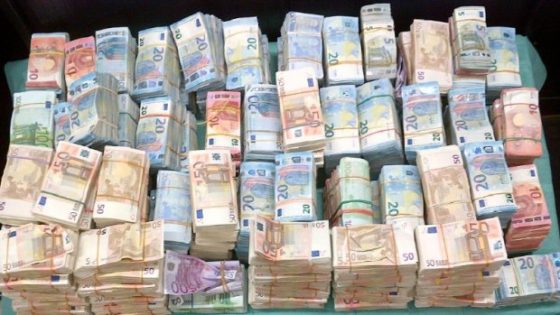
Look at the harbours of Rotterdam and Antwerp (by which many goods come into Holland) – both very connected to cocaine gangs. Last year nearly 34,000 kilos of cocaine were seized in Rotterdam. Each kilo is worth €50,000. This is coming through our country all the time, and the figures are impressive, I think.
But the problem is not the drugs themselves – that’s a matter of public health.
What’s the problem?
That’s the topic of our new book, Nederland Drugsland. The main problem is the enormous flow of money and its rippling effect throughout our society. With criminality comes money laundering and violence. It brings in other forms of crime like arms smuggling and human trafficking, it funds terrorism, and it sucks in normal people.
It attracts people who do not belong to the criminal underworld. We often speak to secondary school students who are approached by gangs and offered €500 or €600 just for transporting a package from city to city. As I’ve said, this is nothing in the drugs world but to a teenage boy it’s a lot of money.
The same is true of the many farmers being lured into letting out their land for drug production. This problem exists throughout the country.
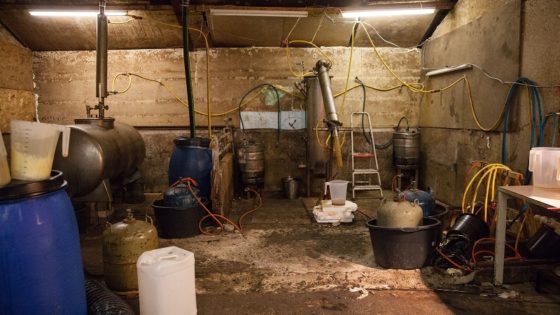
One of the most frightening stories we heard was just before publishing so it’s not in the book. We spoke with the head of a port company in Rotterdam which ships fruit. He got concerned that some of his employees were involved in drugs smuggling and warned them there would be checks to ensure this wasn’t happening. Then 28 out of 30 of them resigned immediately.
We have to say that from start to finish, the conclusion was that the criminal drugs world in the Netherlands has grown and become far more violent; the murder of the lawyer in Amsterdam recently was a wakeup call for many people.
There is policy in the Netherlands at local and national level to combat this, but it hasn’t been effective for a long time. And it needs to change.
Legal and well operating businesses everywhere are becoming involved in the trade because of the money.
How does it get laundered?
The banks are supposed to be the gate keepers of integrity in our financial systems, and they’re obliged by law to flag suspicious activity. There are 6,000 to 7,000 people working for banks in this country to do exactly that. But there is so much suspicious activity the system is breaking down. The government simply doesn’t have the capacity to deal with it.
What about police corruption?
This has been another very interesting development recently. The police have been to some extent successful in catching high level players in the drugs world, the arrest of Ridouan Taghi (a king pin in the ‘Mocro Mafia’) being a major example.
However, recently they were able to intercept telephone communications between criminals that resulted in hundreds of arrests. This inadvertently revealed levels of police corruption far higher than anyone expected, and we still don’t know the full extent of it yet. Another very frightening finding.
What’s the solution then?
It has to be multi-faceted. We need more Investment in law enforcement, we need to recognise the trade’s social impact, and we need far more resources for the finance industry to prevent laundering.
There has never really been a war on drugs in this country and we need to acknowledge that legalisation will not help to just do away with the criminal drugs world.
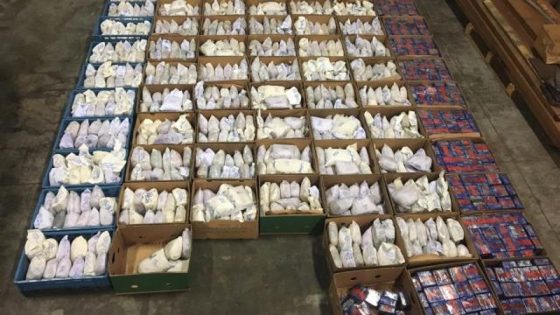
So, we try to sketch a solution between prohibition and legalisation, which is very difficult and very complicated and needs to find common ground between people.
It is a combination of supply reduction, use reduction (of which we’ve had none in the Netherland so far) and harm reduction.
Ultimately, it’s a ‘third way’ solution that slowly liberalises drug distribution in a very controlled manner for those that really want them, whilst fighting criminality. We call it ‘regulation’.
Why isn’t legalisation the answer?
Legalisation is not the answer because most of the drugs produced here are not consumed here and it would require an international agreement.
We really would support international agreement, but it is an absolute condition – it cannot be done in isolation. This will take time.
Moreover, criminal organisations will also benefit from legalisation in many ways. They can compete effectively with new legal markets; even with cannabis, for example. The government caps the THC levels and the black market immediately has the upper hand as it can produce stronger products.
In order to create ‘regulation’, as we call our third way solution, we really need to protect a legal and regulated system.
People say the Netherlands is becoming a ‘narco state’, what do you make of this?
We don’t use this term; it has differing definitions, but it would compare the Netherlands to countries like Mexico, where the state has lost autonomy over its own land. This is not the case in the Netherlands, our problems are different, and we need to be careful when discussing it.
That’s why we call the Netherlands a drugsland.
Thank you for donating to DutchNews.nl.
We could not provide the Dutch News service, and keep it free of charge, without the generous support of our readers. Your donations allow us to report on issues you tell us matter, and provide you with a summary of the most important Dutch news each day.
Make a donation